Organizational Excellence powered by diverse perspectives.
Our Staff work to engage the scientific community and interdisciplinary partners to understand and adapt to changing ocean conditions and challenges in marine and coastal communities.
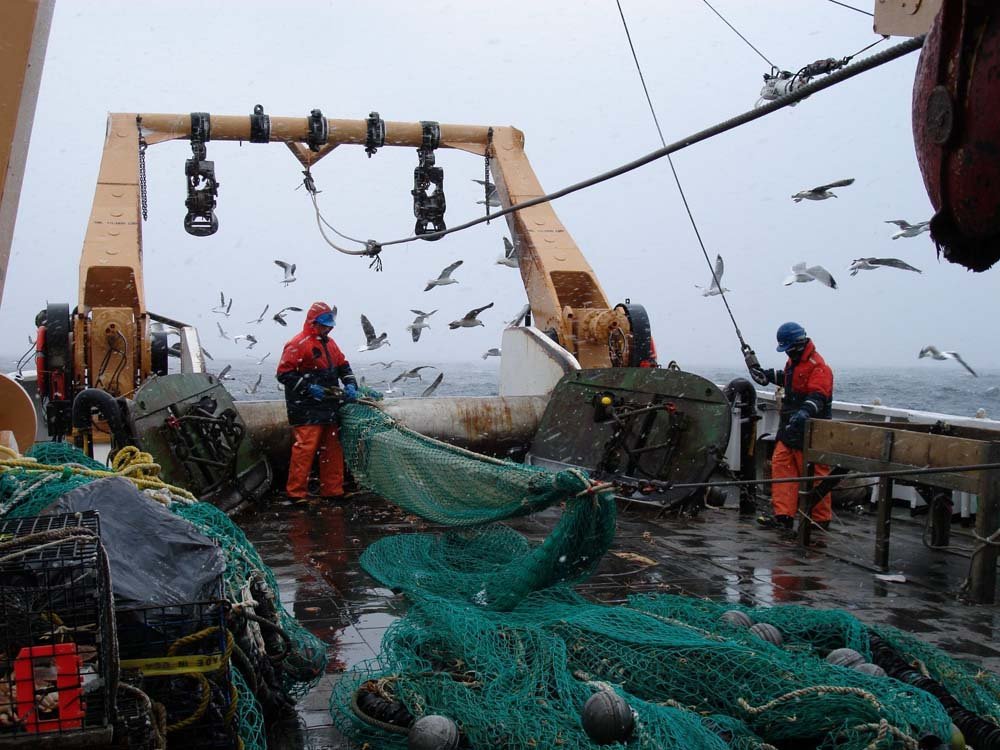
Meet Our Team

Sarah Cooley, PH.D.
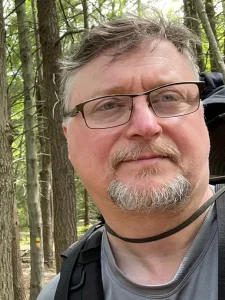
Dwight Gledhill, Ph.D.

Erica Ombres, Ph.D.
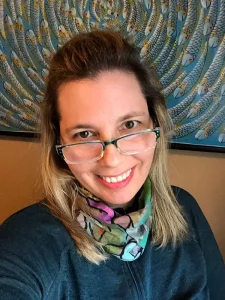
Liz Perotti, Ph.D.

John Tomczuk
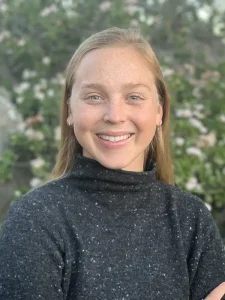
Gabby Kitch, Ph.D.

Samantha Clevenger, Ph.D.

Alex Mackay
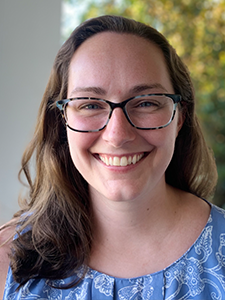
Liza Wright-Fairbanks, Ph.D.

Alex Puritz
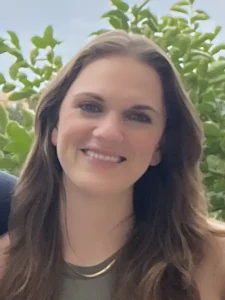
Kaity Goldsmith, MEM
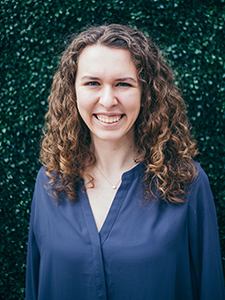
Courtney Witkowski
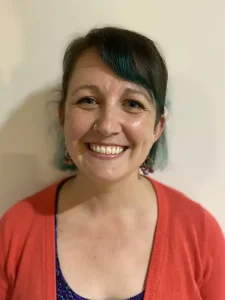
Elise Keister, Ph.D.

Temmie Taylor, MBA

Melissa Hiatt
Commitment to Diversity, Equity,
Inclusion & Accessibility
Letter from Our Director
In 11 years as the Director of NOAA’s Ocean Acidification Program, I have gained valuable insight into the importance of ocean acidification science, our immense stakeholder network, and the public our program serves. OAP and our partners benefit tremendously from the diverse perspectives of all groups with which we engage and collaborate. The expertise and insights of OAP’s employees, partners, and community members enable us to move forward in supporting NOAA’s mission to understand our natural world and protect its valuable resources.
I strongly support diversity, equity, inclusion, and accessibility (DEIA) initiatives at all levels and reaffirm my commitment to ensure OAP supports our community and those impacted by our work across the nation. At OAP, we work toward our goals through mindful workforce development, mentorship and monetary support of young professionals, transparency and accountability in all program activities, and identification of inequities in our current system. This necessary mission requires a sustained commitment, regular self-reflection, and long-term action to create an inclusive environment that is welcoming and supportive of all.
I look forward to learning more and evolving as a program as we all take steps toward a brighter future.Sincerely,
Libby Jewett Director, NOAA Ocean Acidification Program Tweet
OAP's Action Plan to Address Diversity & Inclusion
NOAA and NOAA Office of Oceanic and Atmospheric Research (OAR) are committed to furthering the core values of diversity, equity, inclusion, and accessibility by “creating, promoting, and sustaining a workplace where the talents of all individuals are nurtured, recognized and appreciated.” The NOAA Diversity and Inclusion Strategic Plan and the NOAA OAR Diversity, Equity, Inclusion, and Accessibility Strategic Plan outline the strategies for furthering these core values. The Ocean Acidification Program (OAP) is dedicated to supporting the broader NOAA missions through program-level action and engagement.
At OAP, we recognize that our work benefits from the diverse perspectives of our staff, stakeholders, and the public we serve. We strive to create an equitable and inclusive work environment free from discrimination and harassment so that all community members are able to contribute and thrive. We have the responsibility of supporting work that will better prepare society to respond to ocean change, and we acknowledge that our goals can only be fully realized by encouraging interdisciplinary, equitable representation in that work. We are committed to the long-term, sustained effort it will take to fulfill this mission.
Learn more about OAP’s commitment to diversity, equity, inclusion and accessibility on the NOAA Research DEIA web page.
Learn more about OAP’s commitment to diversity, equity, inclusion and accessibility on the NOAA Research DEIA web page.
NOAA OAR Equal Employment Opportunity Office
NOAA Office of Inclusion and Civil Rights
Executive Order on Diversity, Equity, Inclusion, and Accessibility in the Federal Workforce
We have identified key goals for increasing diversity, equity, inclusion, and accessibility (DEI&A) in OAP activities. Below is an overview of our efforts toward achieving these goals.
- Recruitment of individuals at all levels whose diverse backgrounds and experiences will contribute positively to OAP’s mission
- Incorporation of DEI&A in all Federal employee performance plan
- Sponsorship and hosting of undergraduate and graduate students through the Hollings Scholarship, Lapenta Internship, Educational Partnership Program with Minority Serving Institutions, Knauss Fellowship Program, and college-supported internships
- Providing graduate research fellowship opportunities in partnership with NOAA Sea Grant in the Mid-Atlantic, Gulf of Mexico and Pacific Islands
- Advancing OA educational initiatives and engagement in historically underserved and inland communities
- Participation in both formal and informal mentorship opportunities including active, iterative, one-on-one mentorship of undergraduates to early career professionals
- Incorporation of bias awareness training for proposal reviewers
- Development of standard operating procedures for review panels
- Annual solicitation to expand and diversify reviewer pool
- Providing honorarium payment for non-Federal panel participants
- Advocacy for bias-free review in internship, scholarship, and fellowship programs within NOAA
- Identification of gaps and inequities in stakeholder engagement and partnerships, and priorities for strengthening relationships moving forward
- Conducting a nation-wide stakeholder needs assessment
- Discussions with OAP principal investigators at triennial PI meetings
- Support of partnerships and engagement with indigenous and tribal communities
- Support of regional and local resource vulnerability assessments
- Hiring processes and Job Opportunities
- Funding Opportunities
- OA Data Accessibility


